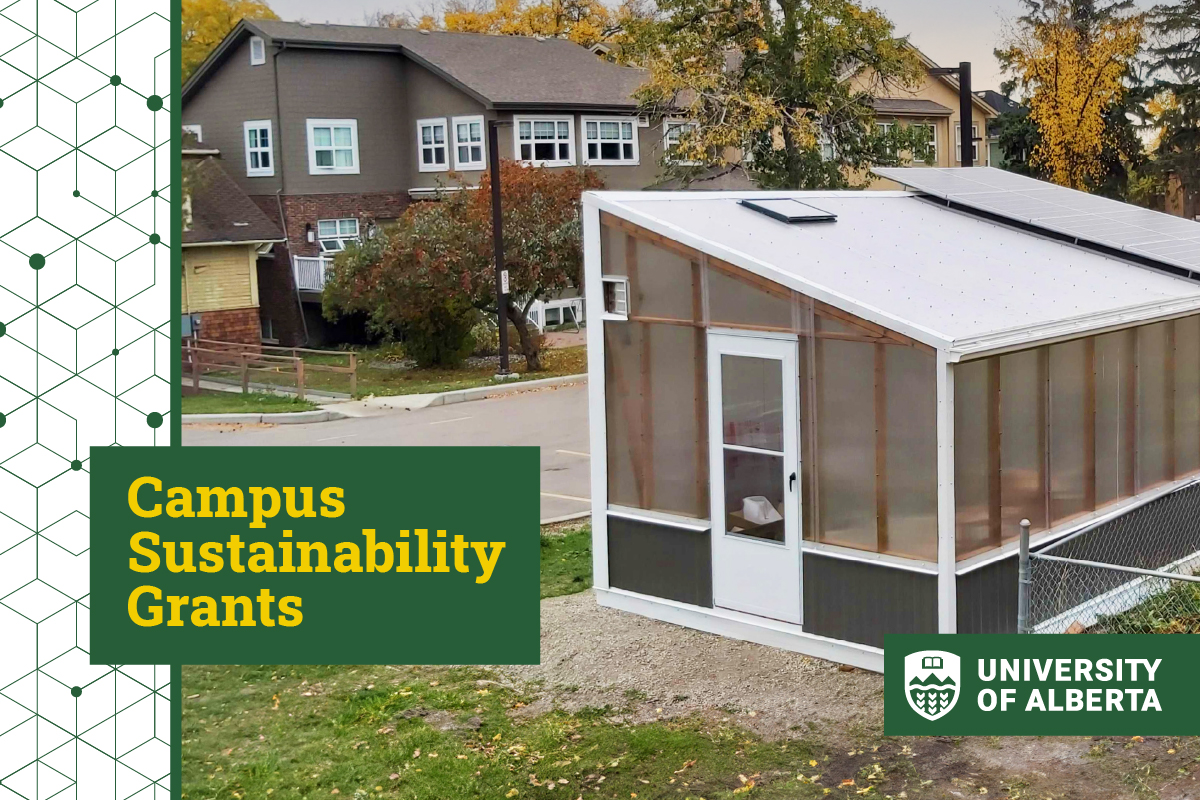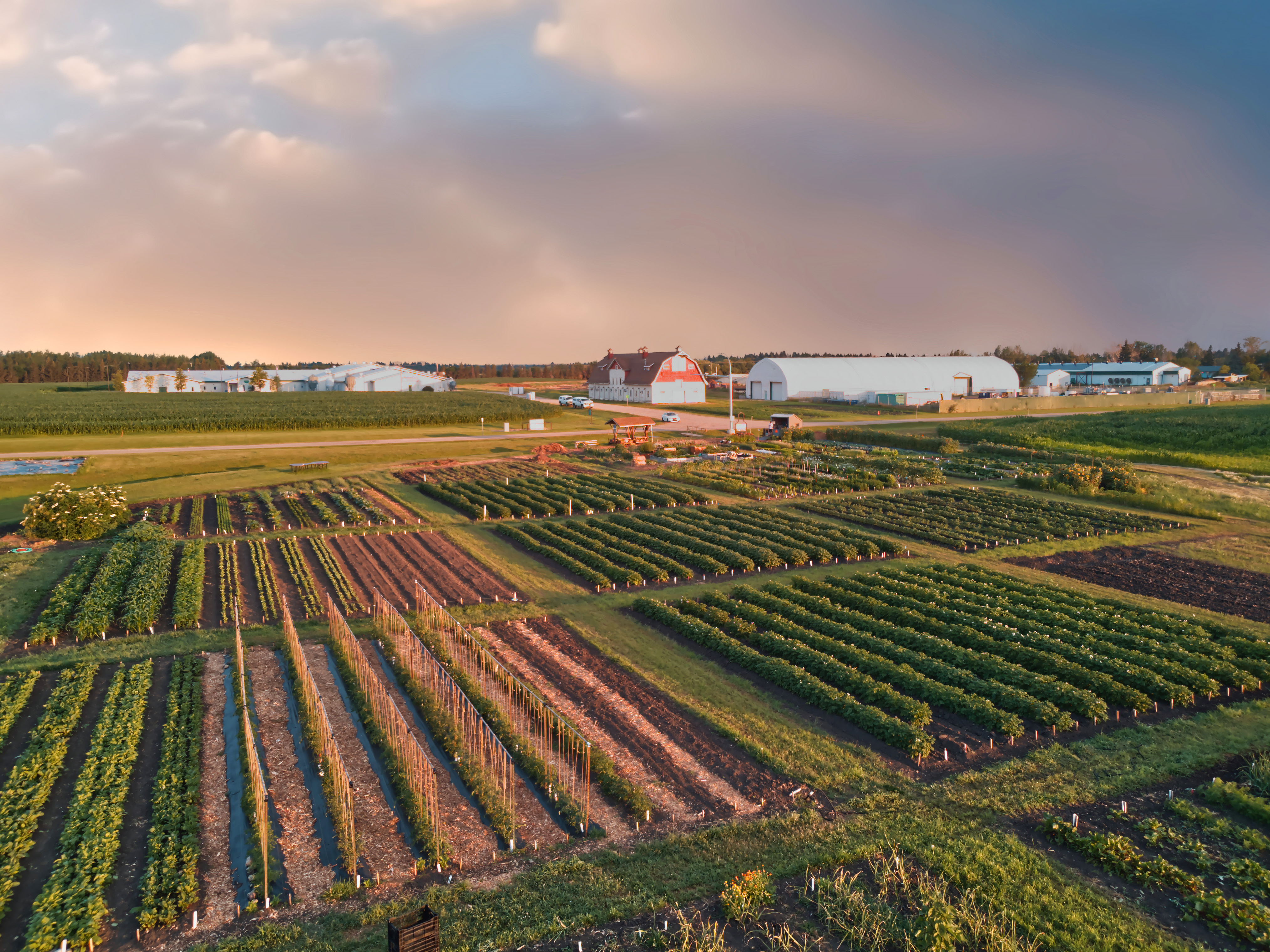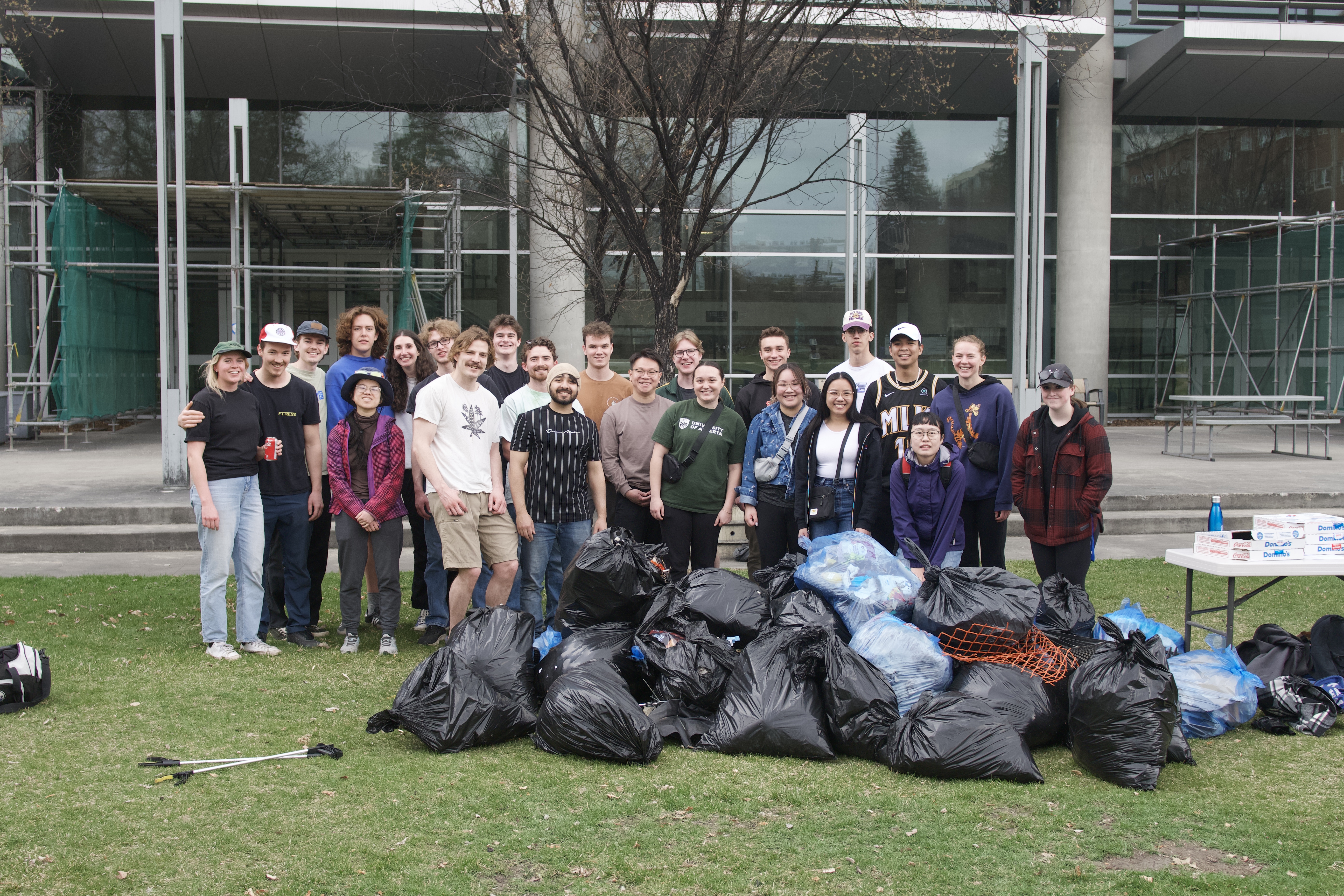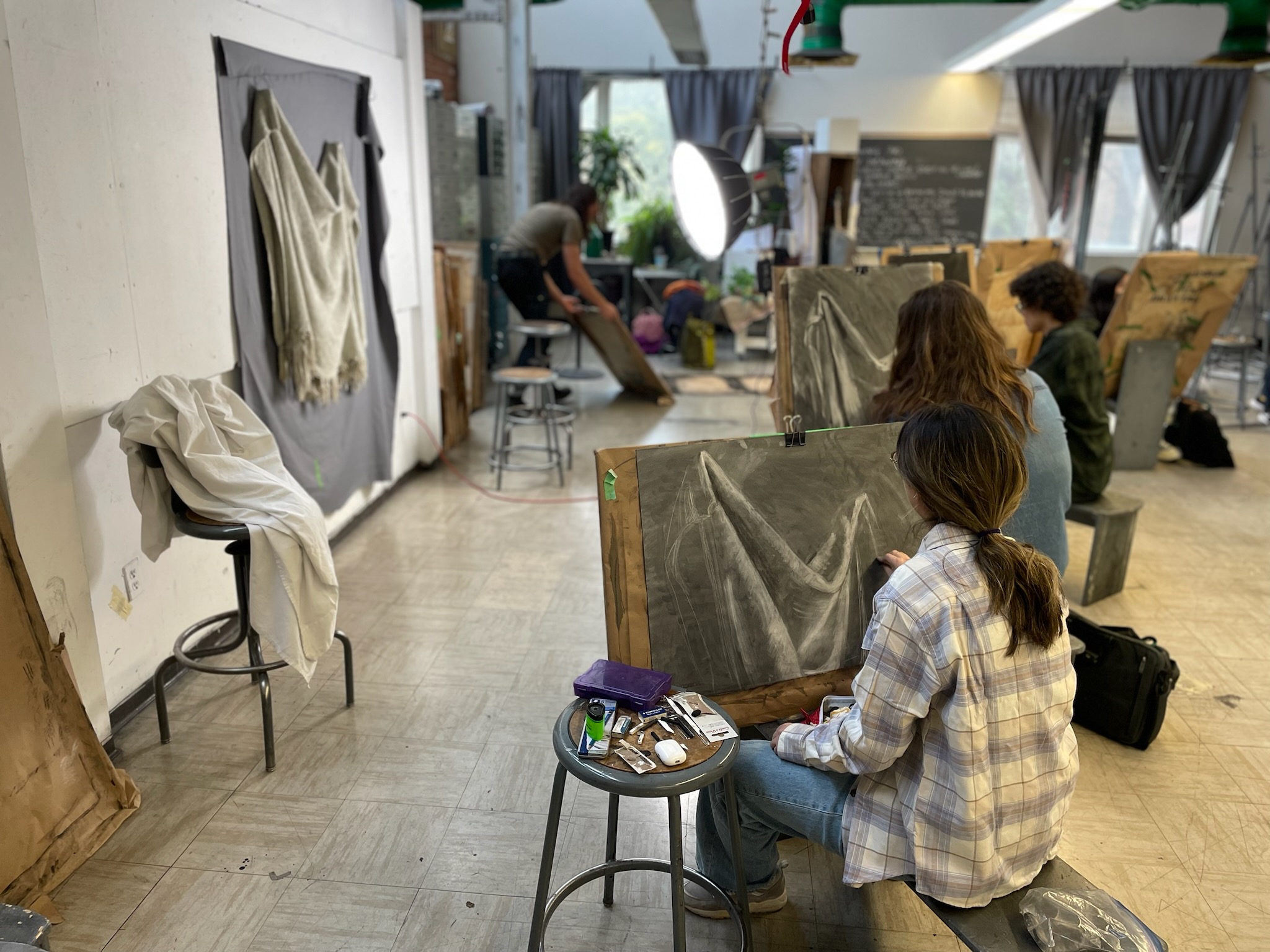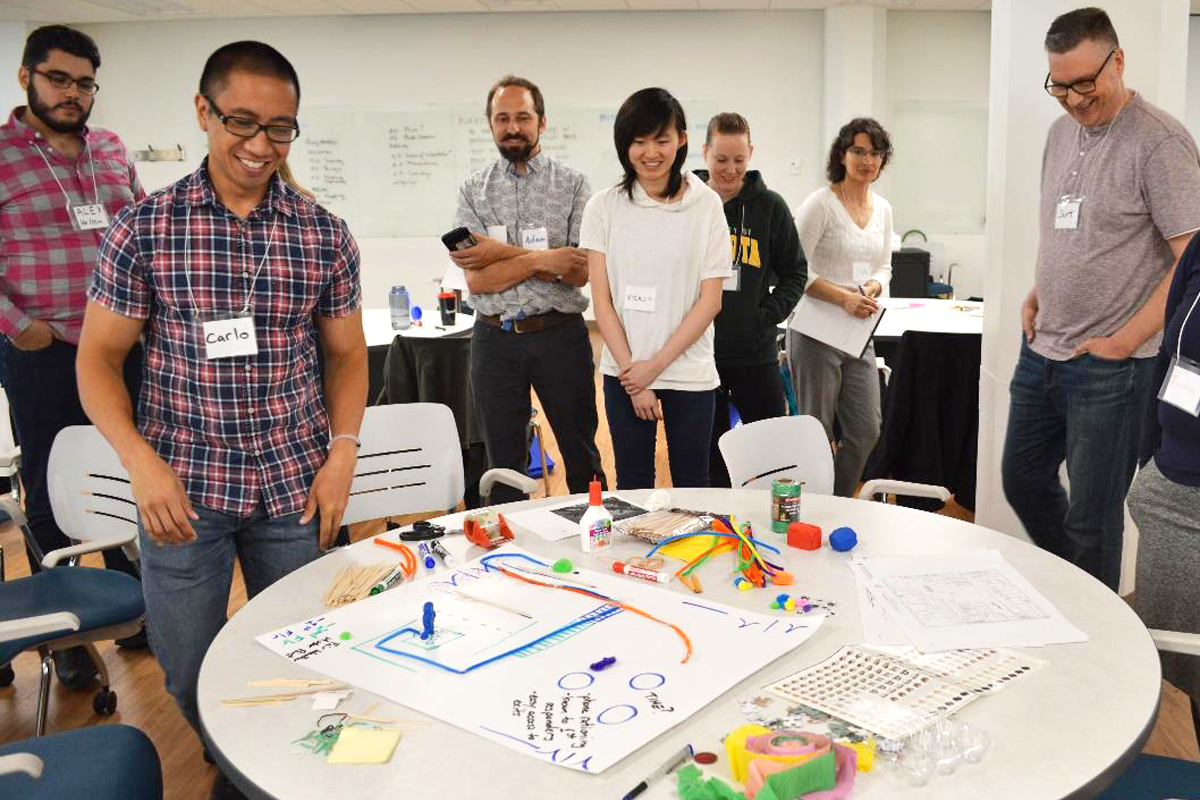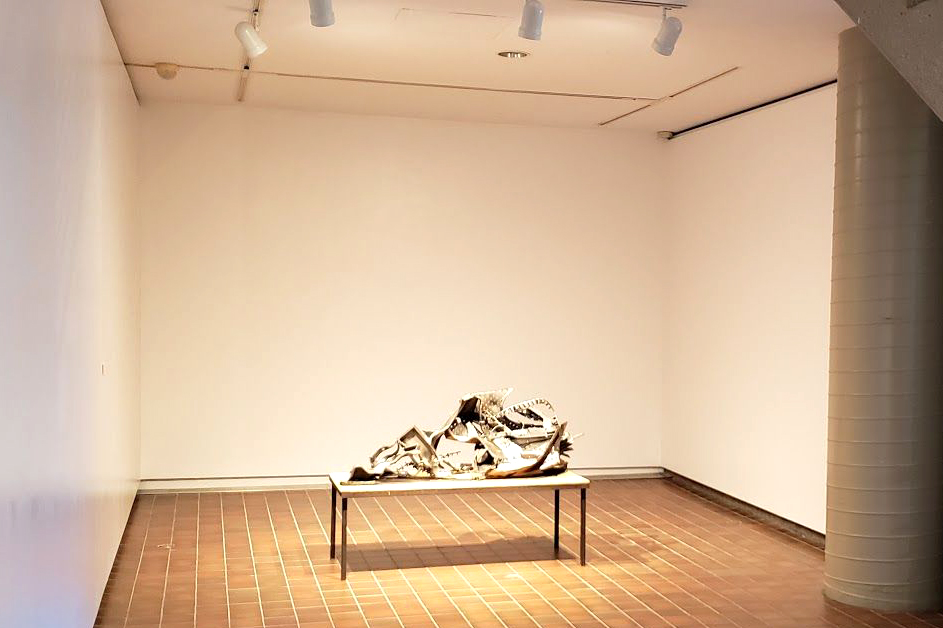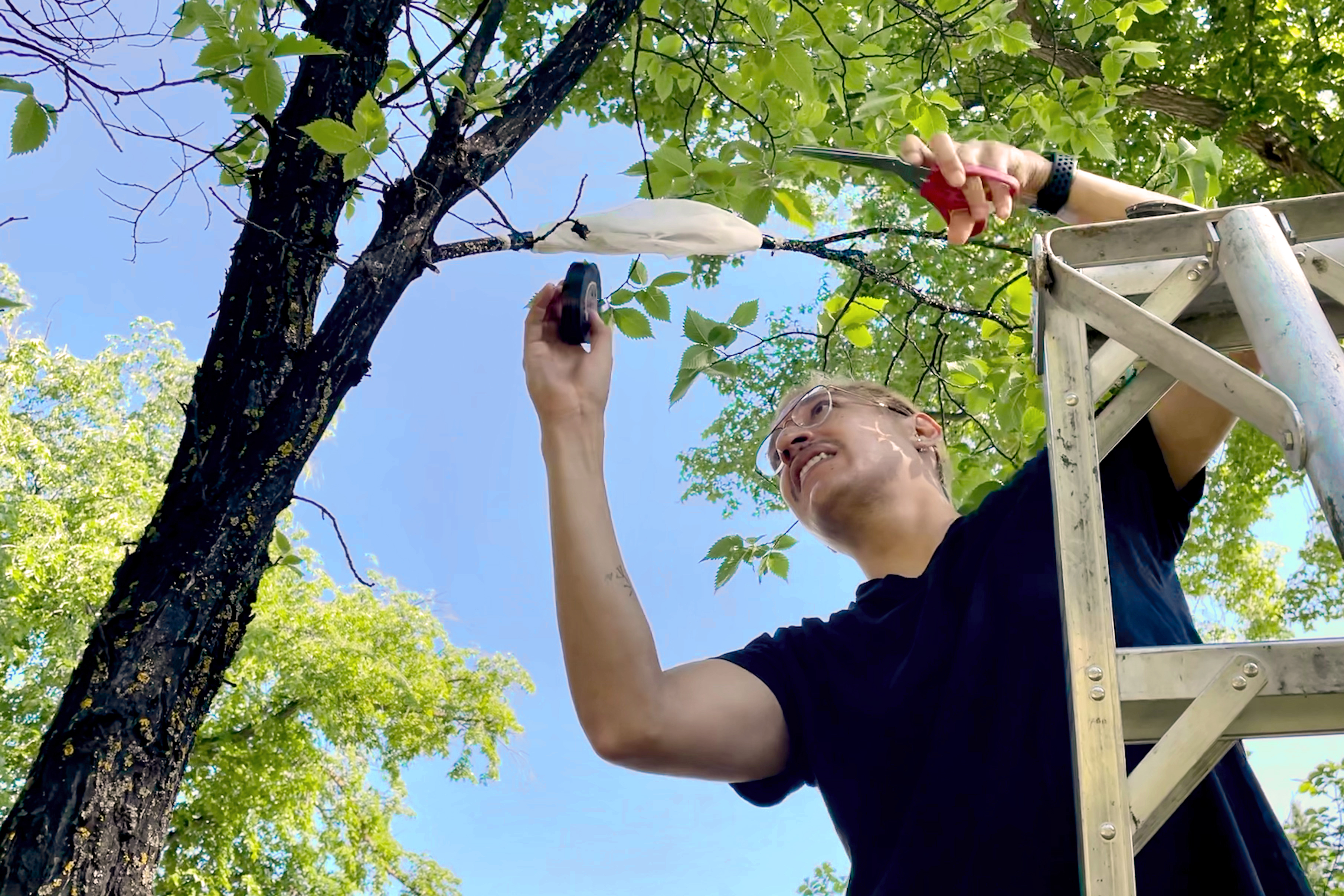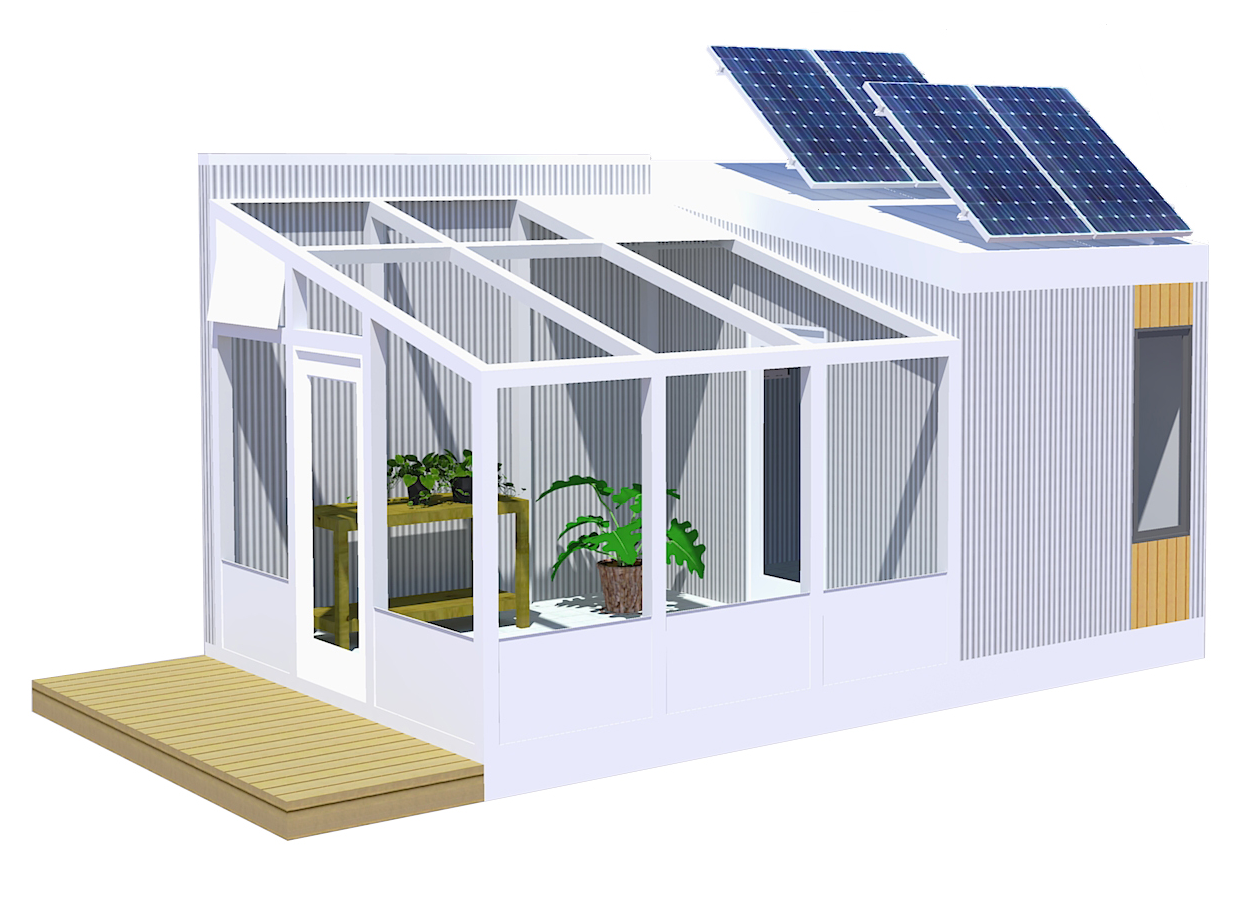High-tech solar greenhouse at University of Alberta [Video, Global News]
Watch University of Alberta students and the Renewable Energy Design Club on Global News as they talk about their first solar-powered greenhouse in partnership with Exceed Solar, a project that was funded by Campus Sustainability Grants program. Story by Kim Smith.
